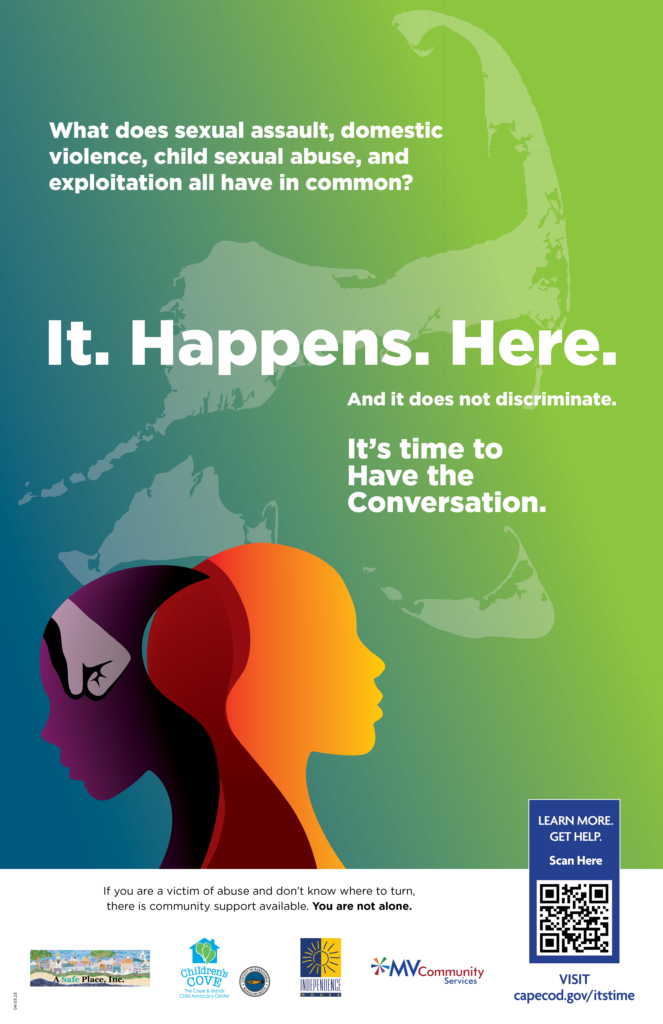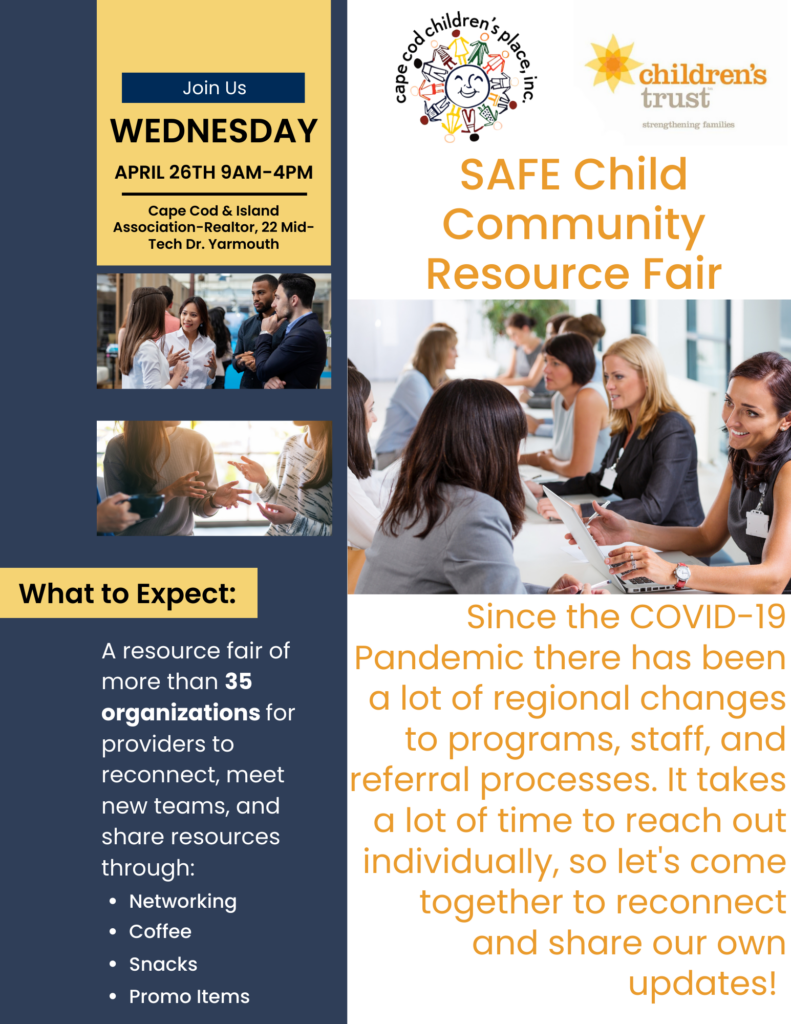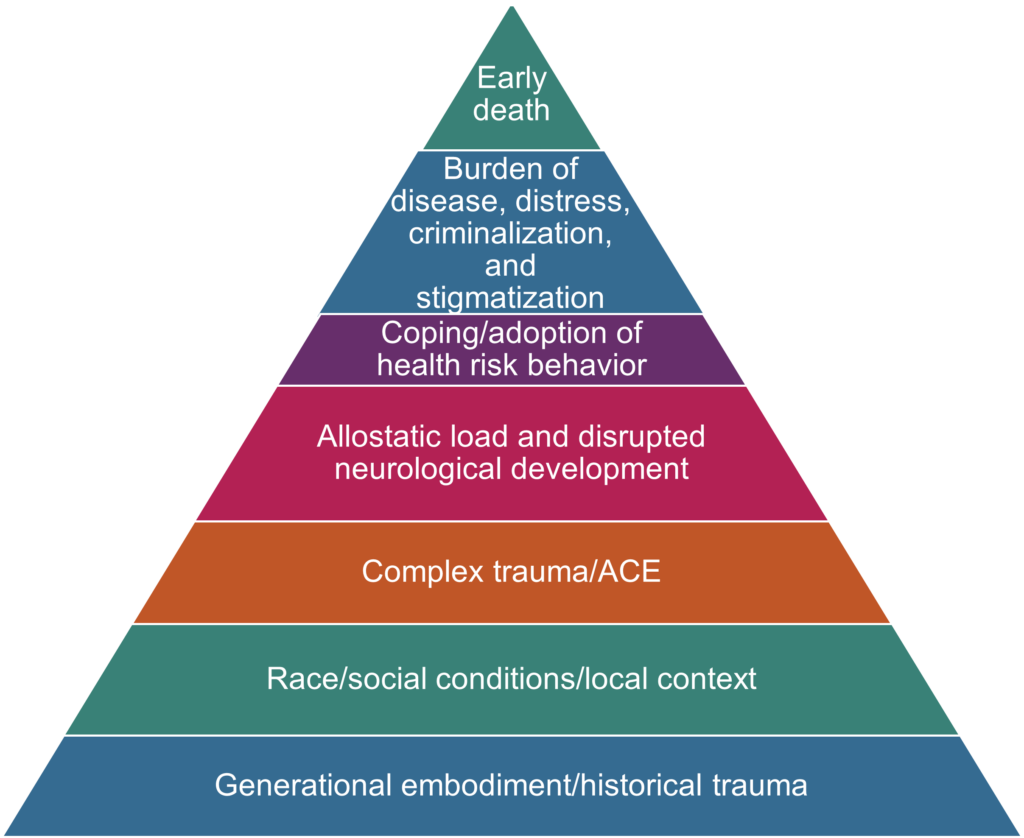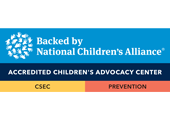Do Stiffer Penalties for Child Sexual Abuse Crimes Have the Desired Effect?
May 23, 2023
Earlier this month, Florida governor Ron DeSantis signed a bill expanding the death penalty for a number of crimes including sexual assault and sexual battery for children under the age of 12. This is a part of a larger initiative in the state of Florida to increase consequences for more severe criminal offenses such as crimes against children. However, the tougher sentencing in this state legislation may not have the desired deterrence when it comes to crimes against children.
In cases of sexual violence, and crimes against children, there is a component that many lawmakers fail to understand. Regardless of the state in which you reside, everyone is protected by the United States Constitution. The Sixth Amendment to the United States Bill of Rights allows the accused to be “confronted with the witnesses against him and to have compulsory process for obtaining witnesses and his favor.” Because of this right, every state has a requirement to some degree in which someone who is a victim of a crime must testify in the trial of a person accused of committing the crime.
According to the Massachusetts Children’s Alliance, last year 7,346 children sought help at Children’s Advocacy Centers (CACs) across the Commonwealth. Forty-four percent of those children were under 12 years old. One of the greatest challenges in securing prosecution of individuals who are allegedly committing crimes against children is the requirement of the child victim to testify in court.
Here is the obstacle in prosecuting the perpetrators of child sexual abuse – more than 90% of them are somebody that child knows, trusts, and most likely, loves. Thirty to 40% of perpetrators of sexual abuse are family members, whether directly in the home or extended family. Children who disclose their abuse often talk about their struggles of asking for help (of which only 1 in 10 child victims ever will), often over the concern of the consequences for that loved one.
While increasing the penalty for committing child sexual abuse to a capital offense may seem like an increased deterrent, it may not change the fact these crimes are hard to prosecute.”
What many fail to understand is that sexual crimes against children happen gradually over time. Perpetrators groom their victims and manipulate the environment around a child who is their target, including parents and adults who know the victim. They create an atmosphere of trust and incrementally desensitize the child to sexual conversations, images, or behavior. Or they take advantage of that child’s limited knowledge of sexual matters or their inability to communicate what is happening.
Often, when a child first understands that what is happening should not be happening, there is immense confusion. These perpetrators of child sexual abuse manipulate the mind of children to make them believe that they themselves are doing something wrong, rather than the offender. The guilt, shame, and embarrassment the victim feels prevents them from wanting to talk about it. Not only do perpetrators create so much confusion and shame within children, but they also try to make others around them unlikely to believe the child even if they do ask for help.
Moreover, if a child asks for help, seeks support, and begins the process of trying to hold this person accountable, these predators know that the likelihood of them going to trial is very small. While children provide initial disclosure of abuse when working with a CAC, the testimony provided in these initial reports cannot be used in court. Even if the evidence of abuse is clear in a victim’s testimony at the CAC, that perpetrator has a right to a trial, has a right to an attorney, and has a right for that attorney to cross-examine the victim to create reasonable doubt. This challenge often leads to sexual abuse cases, especially those against young children, dropped or plead out for a significantly reduced sentence, or sometimes no punishment at all.
While increasing the penalty for committing child sexual abuse to a capital offense may seem like an increased deterrent, it may not change the fact these crimes are hard to prosecute. The challenge for law enforcement is the connection between the perpetrator and the child, whether it is a connection of trust or a familial relationship. There could also be a correlation between the victim’s willingness to ask for help and what is the consequence that help could mean for the individual or their family.
Children can identify at an incredibly early age the roles within families. Sometimes the role of the perpetrator is the sole breadwinner, who takes care of the family financially. If that person went away, what would happen to their family? Or what if everyone adored that person, and this child comes forward with a heinous allegation of abuse, would everyone else hate them, would they support the victim, or would they blame them for the loss of this adult? What if this abuser is the only adult they have in their life? Would that child want to see them in jail forever or killed?
This overwhelming requirement in the criminal justice system for children to make decisions impacting the life of a perpetrator is devastatingly unfair. It is far too much to require child victims to testify in court in front of strangers and be cross-examined about one of the worst experiences in their own life, while recalling all the embarrassing and shameful details.
Yes, there is a need to provide deterrence of this behavior and to penalize actions of it. However, our criminal justice system is established for adults, which gives little assistance to the needs of children or their rights. If we truly wish to change our society, to reduce crimes against children and increase consequences for perpetrators of abuse, we need to do more than enact stiffer penalties. There needs to be requirements for child protection and safety standards in every youth serving organization nationally. There needs to be clear and understandable reporting guidelines for suspicions of abuse in all youth serving organizations and frequent required training of how to follow those guidelines. There needs to be reduced barriers for reports by mandated reporters and less opportunity for bureaucratic systems to hold up reports of suspected abuse. And there needs to be a national standard for who qualifies as a mandated reporter and when they are obligated to report.
For so long there has been so much talk about how our children are our future, however, there is no standard, no expectation of how we will come together collectively to protect them from child abuse. And, in instances where systems fail to protect children, there needs to be a better way in which children can be supported to hold perpetrators accountable.
Sources:










